The art of tiling: a comprehensive guide to hiring the right tiler
Written by
29 April 2024
•
6 min read
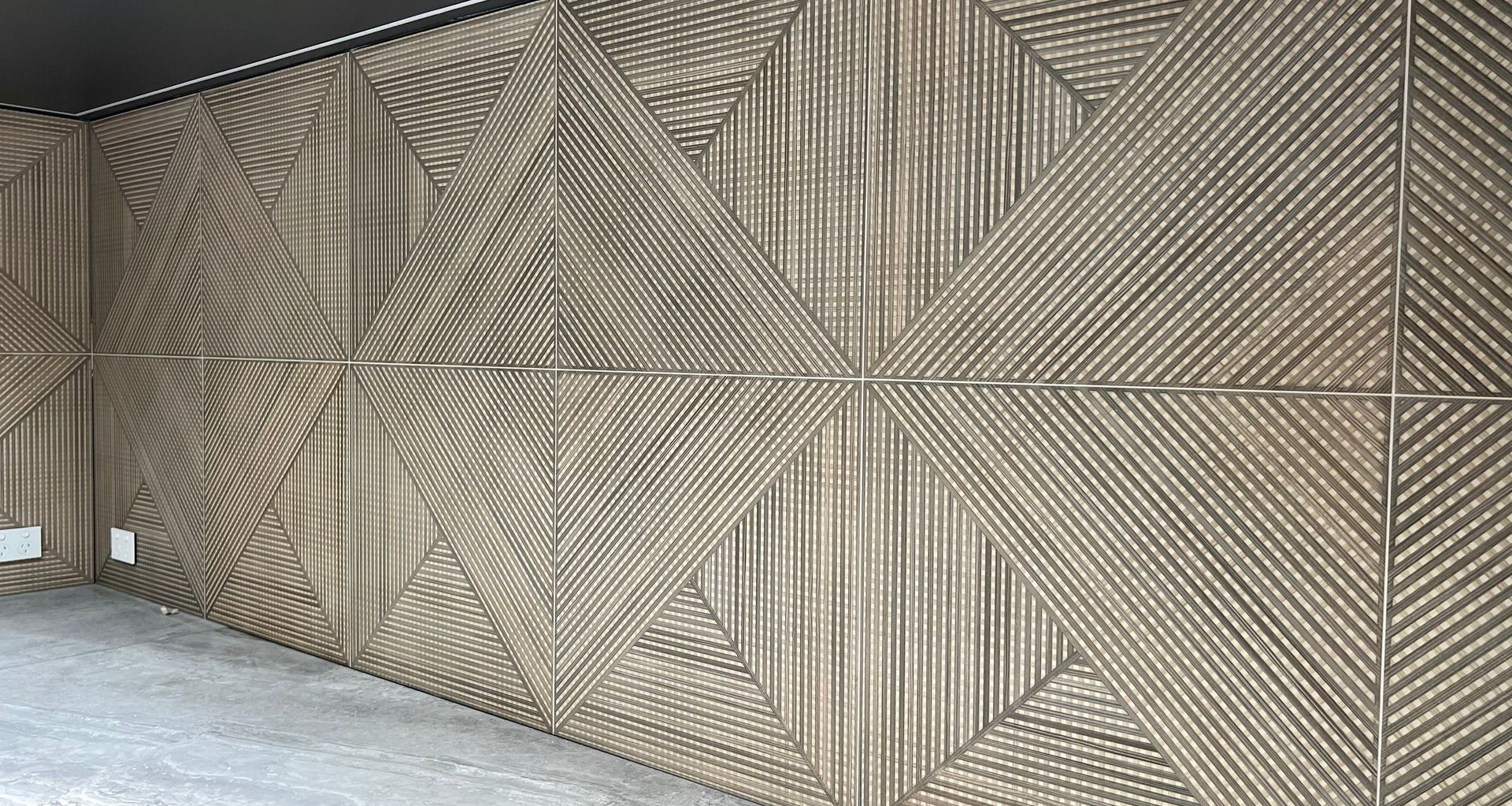
Tiling is as much an art form as it is a practical necessity. But in a sea of options, how does one discern the true artisans from the novices? In this comprehensive guide, tiling expert Steven Wang from Casa Ecco shares the nuanced qualities that define an exceptional tiler and offers practical advice on how to navigate the hiring process with confidence.
Experience: the bedrock of expertise
At the heart of every skilled tiler lies a wealth of experience, cultivated through years of dedicated practice. Experience is more than just a measure of time spent in the trade; it's a testament to the tiler's mastery of their craft. Like a seasoned artisan with a well-stocked toolbox, an experienced tiler brings a repertoire of skills, insights, and problem-solving abilities to every project.
“Clients should seek out tilers with a rich portfolio that demonstrates versatility and a track record of tackling both straightforward and complex projects with finesse,” says Wang.
The difference between a mediocre job and a masterpiece lies in the meticulous attention to detail exhibited by the tiler. From the alignment of each tile to the uniformity of grout lines, every aspect of the installation demands unwavering precision. A skilled tiler approaches each project with an artist's eye, ensuring that every cut, corner, and transition is executed flawlessly.
“When evaluating a tiler’s work, look beyond the overall effect; examine the transitions, the cuts around fixtures, and the symmetry of tile patterns,” shares Wang. “These elements are tell tale signs of a tiler who approaches each project with the meticulous attention it deserves.”
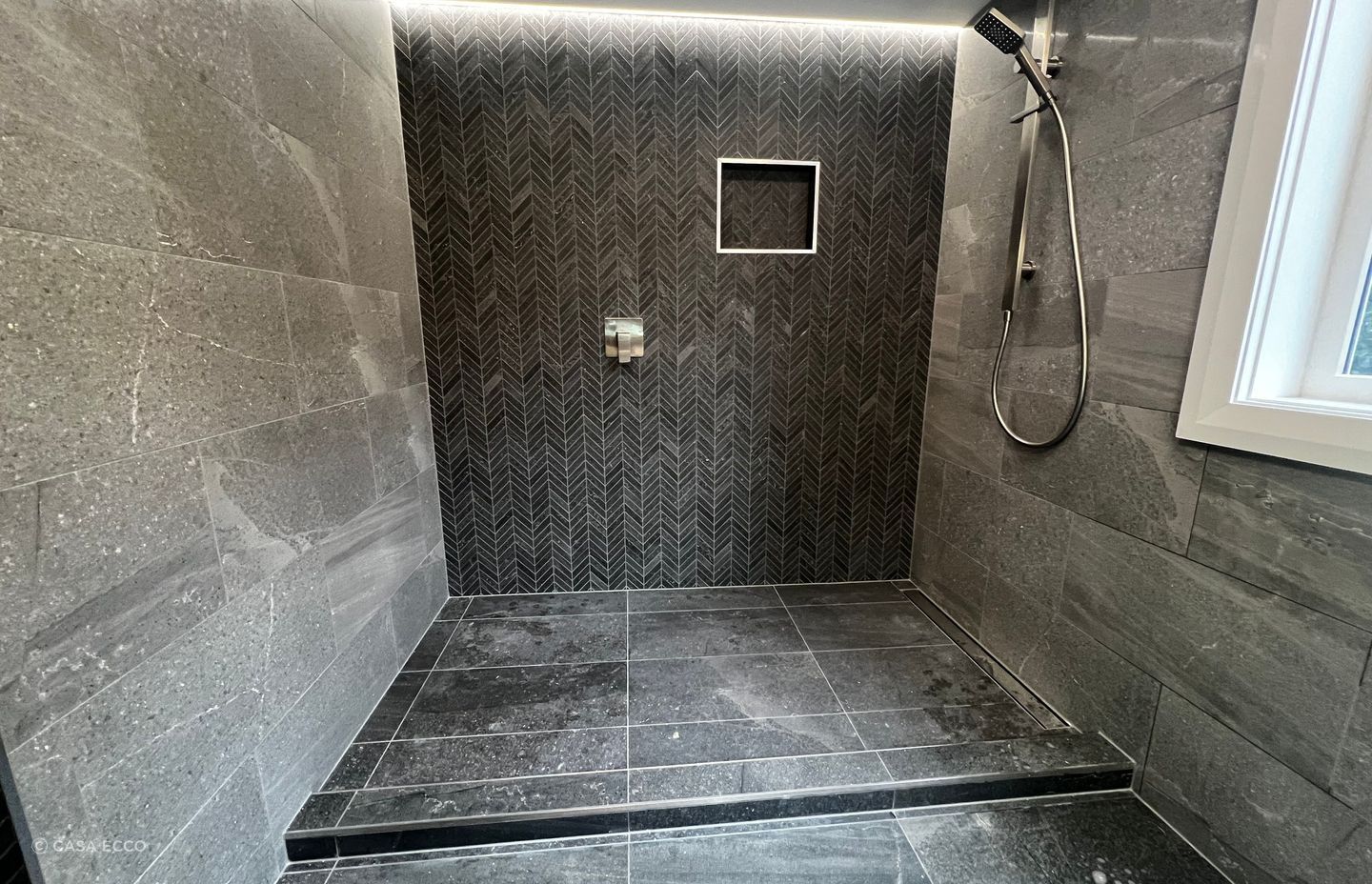
Proficiency in skills & techniques: the sign of versatility
Tiling is a multifaceted craft that requires a diverse skill set and a deep understanding of materials and techniques. A proficient tiler should not only possess technical prowess but also the ability to adapt to the unique requirements of each project. From traditional ceramic tiles to cutting-edge glass and porcelain, the modern tiler must be well-versed in a myriad of materials and installation methods.
“Clients might consider asking potential tilers about their experience with innovative materials and methods, such as large format tiles or intricate mosaic patterns, to gauge their capability to execute complex designs.”
A knowledgeable tiler will not only explain their methodology but also offer valuable insights and recommendations tailored to your specific needs.
“Reviewing a tiler's past projects can provide a clear sense of their aesthetic sensibility, craftsmanship, and versatility. Clients should look for a portfolio that includes a range of styles, settings, and tile materials, demonstrating the tiler's ability to adapt to different client tastes and project requirements.”
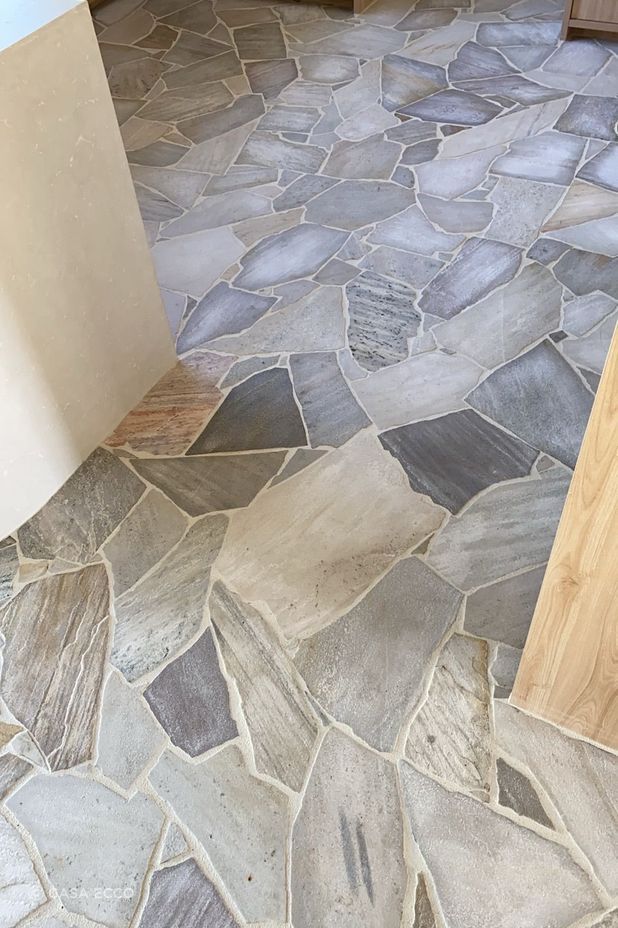
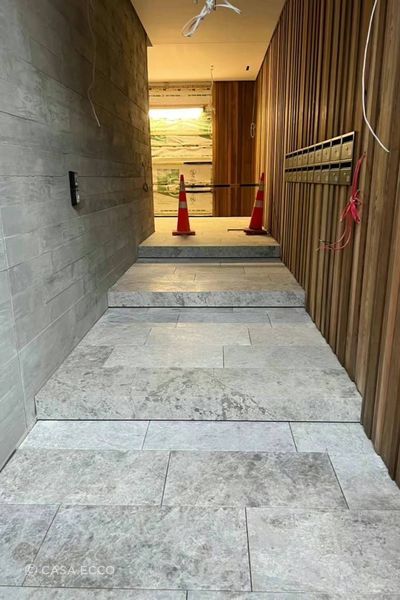
Effective communication: the key to collaboration
In any professional relationship, communication is paramount. When embarking on a tiling project, clear and open communication between the client and the tiler is essential for ensuring a smooth and successful outcome.
“Effective communication means setting clear expectations and being transparent about timelines, costs, and potential challenges. Clients should look for a tiler who is responsive, willing to discuss options, and proactive in providing project updates, ensuring a collaborative and stress-free process.”
Look for a tiler who takes the time to listen, articulates their ideas clearly, and keeps you informed at every stage of the process. By fostering a collaborative and communicative environment, you can establish mutual trust and confidence in the tiling process.
Reliability & punctuality
Beyond skill and craftsmanship, reliability and punctuality are fundamental qualities that define a professional tiler.
“Reliability goes beyond showing up on time; it encompasses meeting deadlines, staying within budget, and maintaining consistent quality. Indicators of reliability include a tiler's organisational skills, their process for tracking and ordering materials, and their ability to provide a detailed project timeline.”
When assessing a tiler's reliability, consider their organisational skills, their adherence to timelines, and their ability to adapt to unforeseen circumstances. Clear communication regarding project expectations, milestones, and contingency plans is essential for minimising disruptions and ensuring a seamless tiling experience.
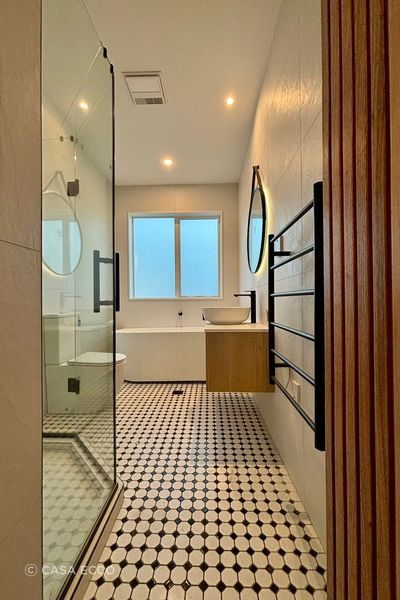
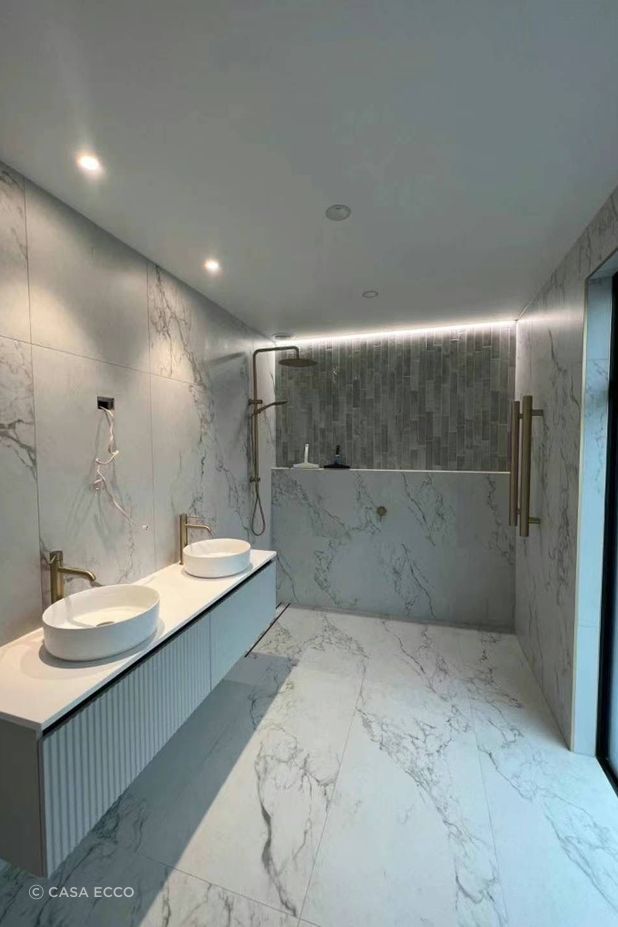
Tiling advice for clients
A tiler who is passionate about their craft will stay on top of the latest trends because the best tilers have a passion for their craft that drives them to learn and improve continuously.
“This might involve staying up-to-date with the latest tiling trends, materials, and installation technologies. Their willingness to invest in ongoing education and adapt to new techniques reflects a commitment to excellence that can significantly benefit your project.”
Wang’s advice for anyone looking to find a great tiler covers four points:
- Communicating set-out points
- A detailed quotation
- Making suggestions regarding tile and grout choices
- Time management
“It's crucial to discuss set-out points with your tiler beforehand to ensure you're on the same page regarding the layout, design, and any specific patterns you want. This conversation should cover important decisions like the orientation of tiles, the placement of cut tiles in less visible areas, and how to handle challenging spaces.”
Providing clear instructions can prevent misunderstandings and ensure the final result aligns with your vision.
A detailed quotation is your roadmap for the financial aspect of the tiling project. It should include a breakdown of all costs—materials, labour, and any additional services. This is not just about knowing what you’ll be paying; it’s about transparency and avoiding surprises down the line.
“Insist on a detailed quotation and discuss each item listed to understand exactly what you are charged for. This step also provides an opportunity to adjust choices, for example, opting for different materials or design elements, to align with your budget.”
A professional tiler should work with the client to ensure the project stays within the budget.
“This involves suggesting cost-effective materials or design alternatives that achieve a similar aesthetic without compromising quality. It's about finding a balance between what you want and what you can afford.”
Time management is the last and most critical pillar of any home improvement project. Delays can be frustrating and costly, affecting other aspects of a larger renovation project.
“From the start, establish a clear timeline with your tiler, including start and end dates, and key milestones along the way. Ask how they plan to manage and mitigate potential delays, such as material shortages or unexpected challenges that arise during the project. Regular updates on progress will keep you informed and help manage your expectations, ensuring the project remains on schedule.”
Discuss your tiling needs with Casa Ecco